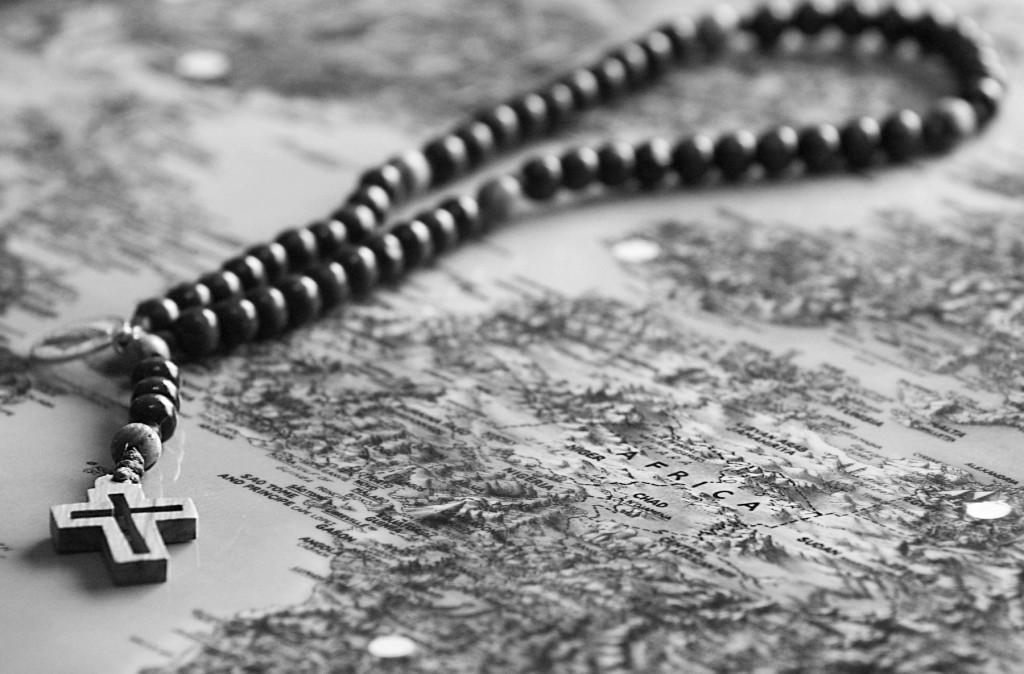View Comments (2)
October 8, 2025
October 8, 2025
October 8, 2025
October 8, 2025
October 8, 2025
SUBSCRIBE TO THE OBSERVER'S WEEKLY NEWSLETTER:
October 8, 2025
October 8, 2025
October 8, 2025
October 8, 2025
October 8, 2025
SUBSCRIBE TO THE OBSERVER'S WEEKLY NEWSLETTER:











Raymond Williams • Sep 28, 2020 at 7:06 am
I’m 81 and was raised in Hell’s Kitchen. St Matthew’s was my parish (67th Street between 10th and 11th aves). I was an altar boy and mass was said in Latin. I’ve fallen away from the church over 6 decades because the church seemed hypocritical and secretive. I want God more in my life but I’m hesitant to return. I just lost my beloved wife on September 8th to cancer and I am struggling very much because I miss her so. I am a firm believer in God and Jesus
Kathleen Kenney • Sep 8, 2022 at 12:41 pm
I would like to communicate with Raymond Williams. Please help me.